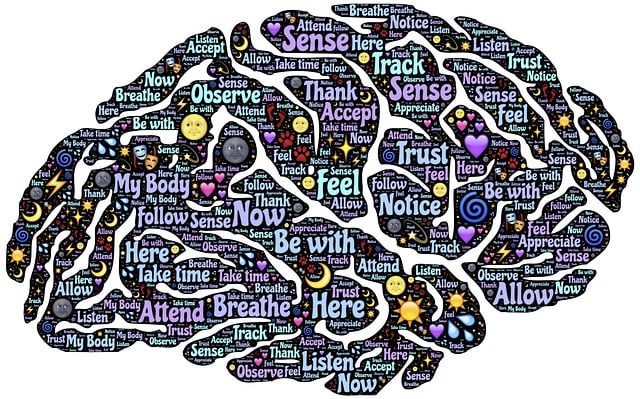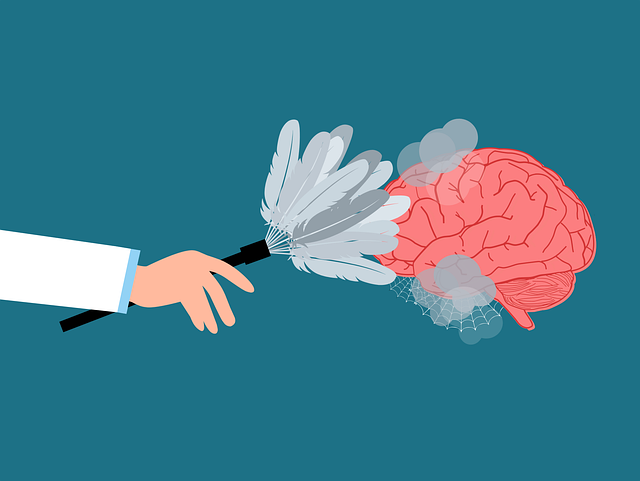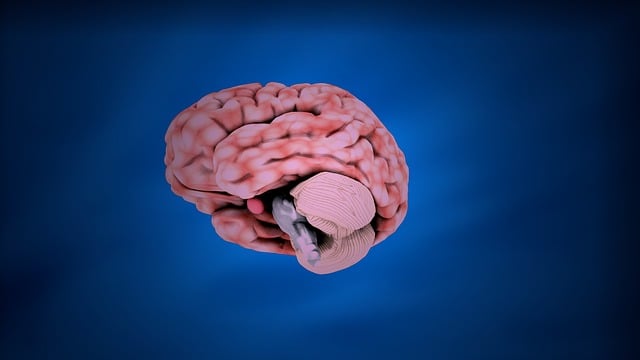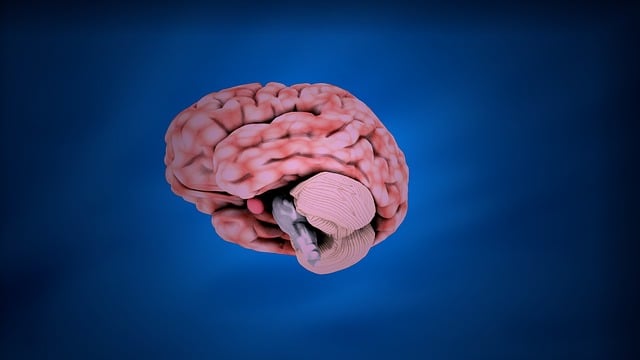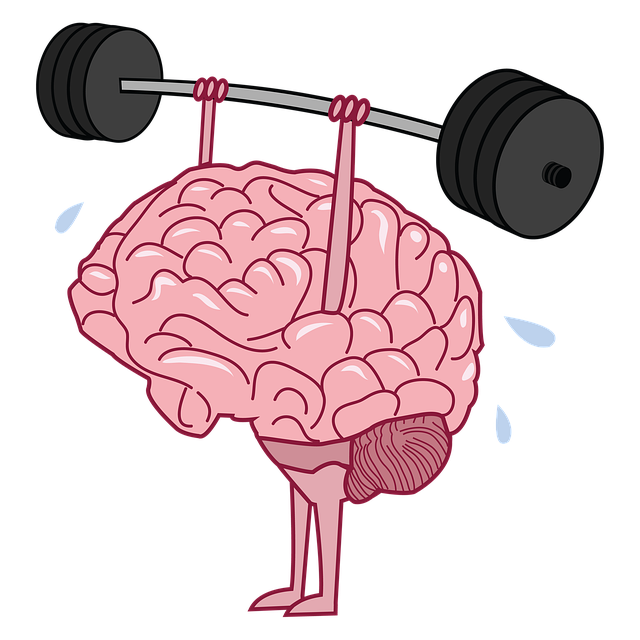Trauma caused by events like accidents or natural disasters significantly impacts individuals and communities in Lafayette, leading to mental health issues such as anxiety, depression, and flashbacks. Lafayette First Responders Therapy offers specialized sessions to help trauma survivors process their experiences, develop coping mechanisms, and regain control of their lives. As the initial point of contact during traumatic events, First Responders provide immediate assistance, stabilize victims, and facilitate connections to long-term mental wellness coaching. Therapeutic approaches like Lafayette First Responders Therapy create safe spaces for individuals to release repressed emotions using techniques such as CBT, EMDR, and mindfulness practices. The city is also focusing on equipping professionals with specialized training and comprehensive resources to enhance trauma support services, fostering a culture of mental health awareness and resilience within the community.
In Lafayette, trauma support services are vital for healing communities affected by unforeseen events. This article explores the multifaceted approach to addressing trauma, focusing on understanding its profound impact and the critical role of first responders in initial response. We delve into therapeutic approaches fostering long-term healing and examine resources and training enhancing support for Lafayette’s residents. By examining these components, we aim to strengthen the availability of effective trauma care.
- Understanding Trauma and Its Impact on Lafayette Communities
- The Role of First Responders in Providing Initial Support
- Therapeutic Approaches for Effective Long-Term Healing
- Resources and Training to Enhance Trauma Support Services in Lafayette
Understanding Trauma and Its Impact on Lafayette Communities

Trauma, an overwhelming and distressing experience, leaves a profound impact on individuals and communities alike within Lafayette. Events such as accidents, violence, or natural disasters can trigger traumatic responses, affecting one’s ability to function and maintain emotional well-being. Understanding trauma is the first step in providing effective support. The aftermath of traumatic events often manifests as anxiety, depression, flashbacks, and intense emotions, hindering individuals’ daily lives and overall mental health.
Lafayette First Responders Therapy plays a pivotal role in addressing these challenges. Through specialized therapy sessions, individuals can process their traumatic experiences, develop coping strategies, and regain a sense of control. Emotional well-being promotion techniques tailored to trauma survivors foster resilience and help rebuild confidence, which is crucial for risk management planning among mental health professionals. By offering timely support, the community ensures that residents affected by trauma receive the care they need to heal and thrive.
The Role of First Responders in Providing Initial Support

In the initial stages of trauma support, Lafayette First Responders play a pivotal role in rendering immediate assistance to individuals affected by traumatic events. These trained professionals are often the first point of contact for those in crisis, equipped with the skills to provide critical care and stabilize victims before they can access more specialized therapy. Their swift intervention ensures that individuals receive essential support, fostering a sense of safety and security during what can be overwhelming and chaotic situations.
The work of First Responders goes beyond immediate reaction; they facilitate the crucial connection between those in need and long-term mental wellness coaching programs and emotional healing processes. By recognizing the signs and symptoms of trauma, they can guide individuals toward appropriate resources, including Stress Management Workshops organized by local organizations. This collaborative approach ensures that victims receive comprehensive care, addressing both the immediate needs and the ongoing journey toward recovery.
Therapeutic Approaches for Effective Long-Term Healing

In the journey towards long-term healing from trauma, therapeutic approaches play a pivotal role in fostering resilience and restoring well-being. One such innovative method gaining traction is Lafayette First Responders Therapy, which recognizes the unique needs of individuals who have experienced traumatic events. This approach focuses on providing a safe and supportive environment to process and release repressed emotions, often leading to significant improvements in mental health and overall quality of life.
By integrating various techniques such as cognitive behavioral therapy (CBT), eye movement desensitization and reprocessing (EMDR), and mindfulness practices, trauma support services can be tailored to meet individual needs. These therapeutic interventions not only help individuals process the traumatic memories but also equip them with effective stress reduction methods and burnout prevention strategies, crucial for healthcare providers frequently exposed to high-stress situations. Such holistic care ensures that healing becomes a sustainable process, enabling individuals to rebuild their lives and communities become more resilient in supporting those affected by trauma.
Resources and Training to Enhance Trauma Support Services in Lafayette

In Lafayette, enhancing trauma support services involves a concerted effort to equip professionals with comprehensive resources and specialized training. The city’s first responders, including paramedics and emergency medical technicians, are undergoing advanced therapy programs tailored for trauma survivors. These initiatives aim to improve their ability to recognize and respond to psychological distress effectively.
Moreover, the integration of Risk Management Planning for Mental Health Professionals ensures a safe and supportive environment for both practitioners and clients. Simultaneously, Mental Wellness Coaching Programs Development plays a pivotal role in fostering resilience among individuals affected by traumatic events. By promoting Mental Health Awareness, Lafayette is creating a culture that prioritizes open conversations about trauma and encourages seeking support, ultimately strengthening the community’s overall well-being.
In conclusion, trauma support services in Lafayette communities have evolved to better address the profound effects of traumatic events. By integrating the insights from understanding trauma, leveraging the crucial roles of first responders, and adopting effective therapeutic approaches, Lafayette is enhancing its ability to heal long-term. Continued investment in resources and training for both professionals and community members will ensure that support services meet the needs of those affected by trauma. This comprehensive approach, focusing on Lafayette First Responders and therapy, is pivotal in fostering resilience and recovery within the region’s communities.


